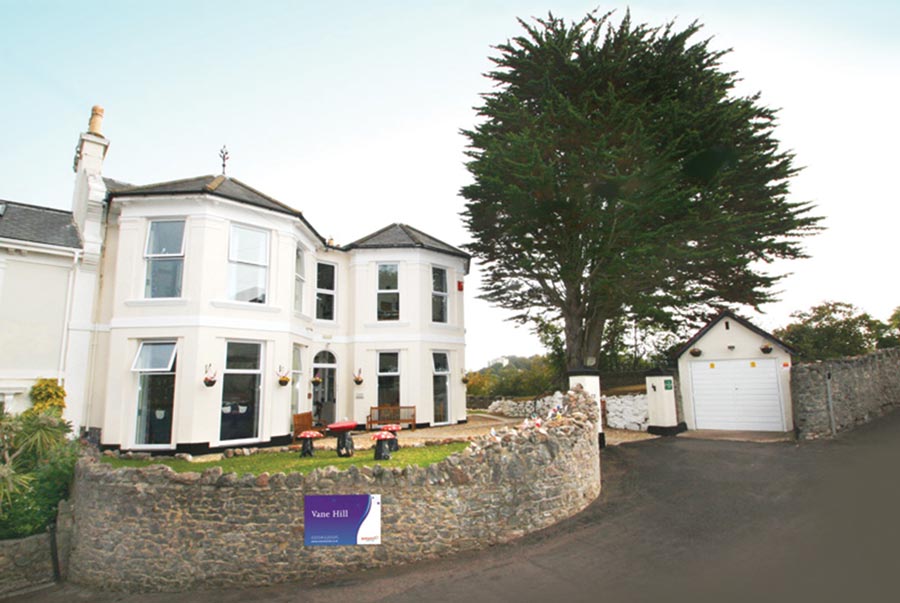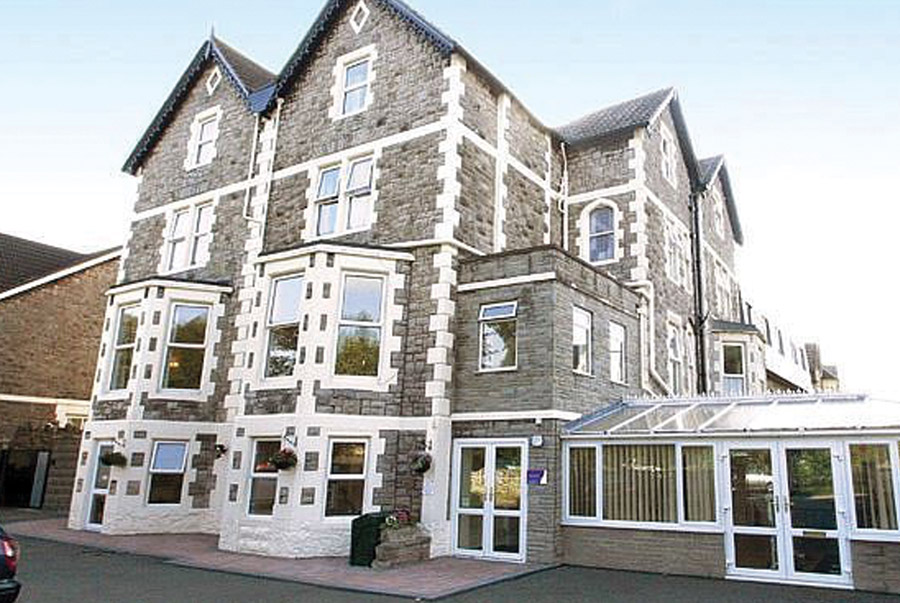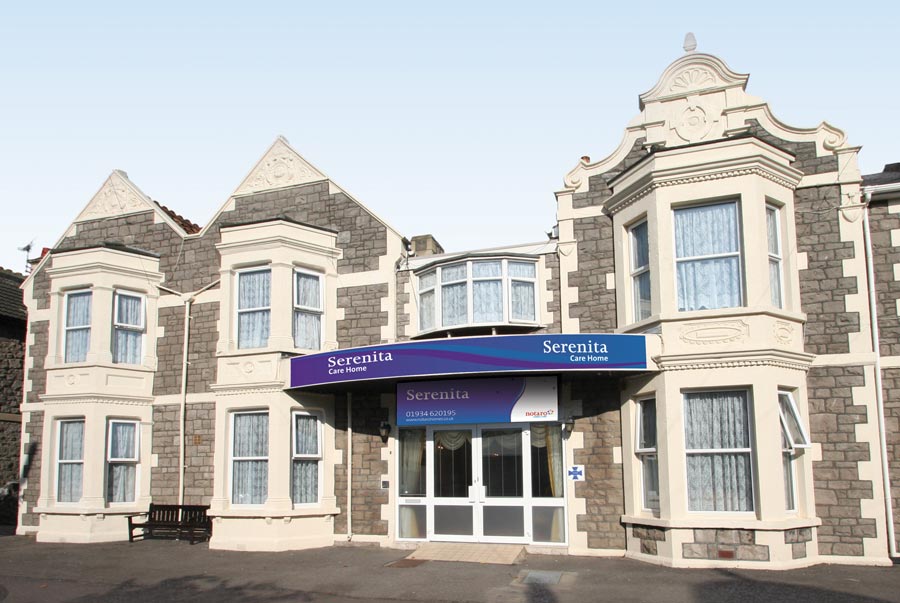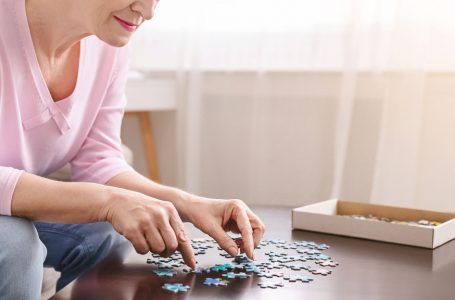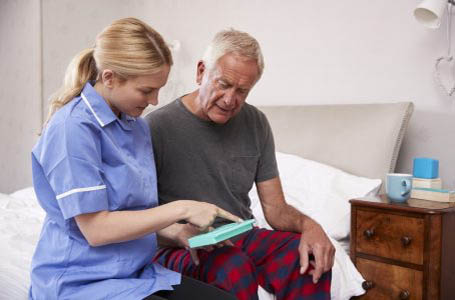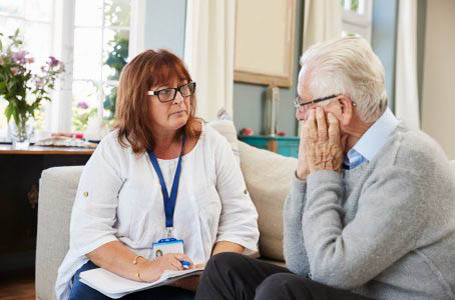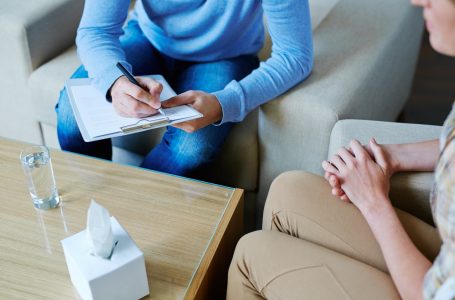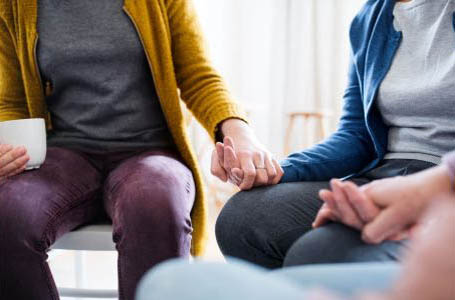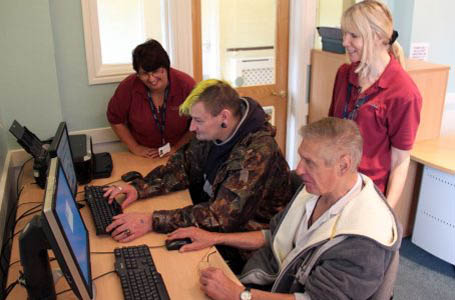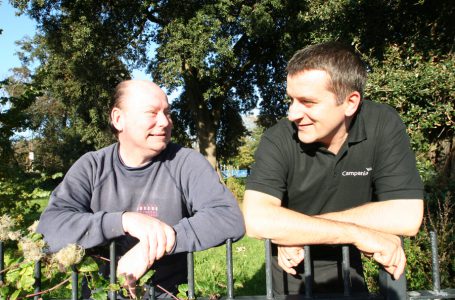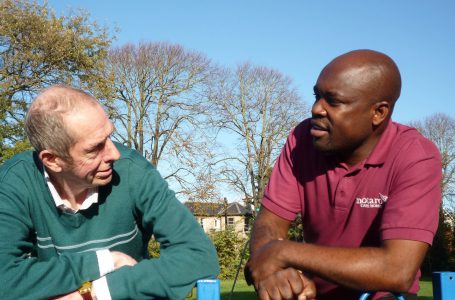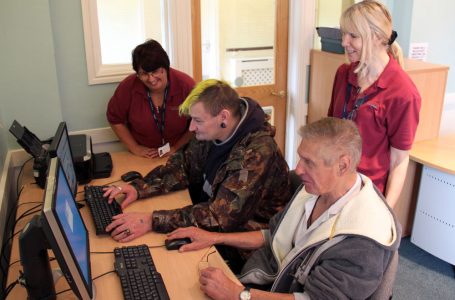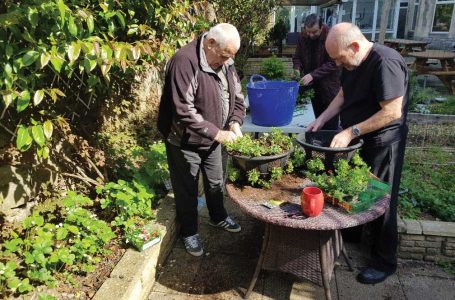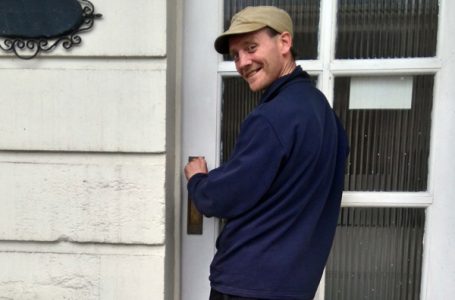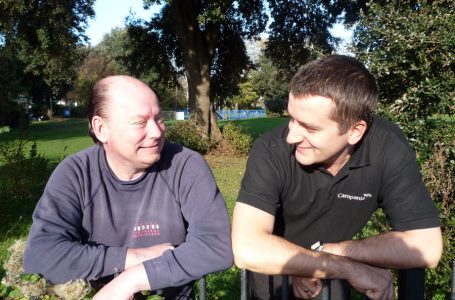With over 30 years’ expertise in this field, we have combined our knowledge and experience to develop a way ahead which is designed to help an individual take back control of their life and help them regain skills to live independently and alcohol-free. We have developed a positive and flexible approach working with commissioners of care to provide care and support solutions that also provide value for money.
We have a variety of services from long term specialist support, to respite periods and potentially daycare.
